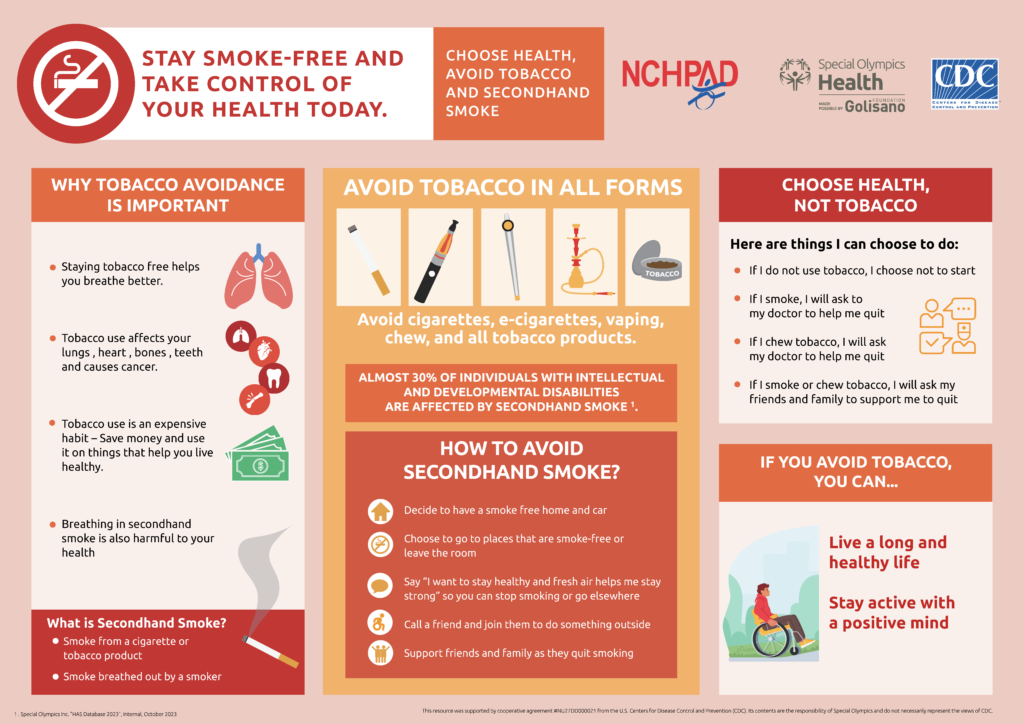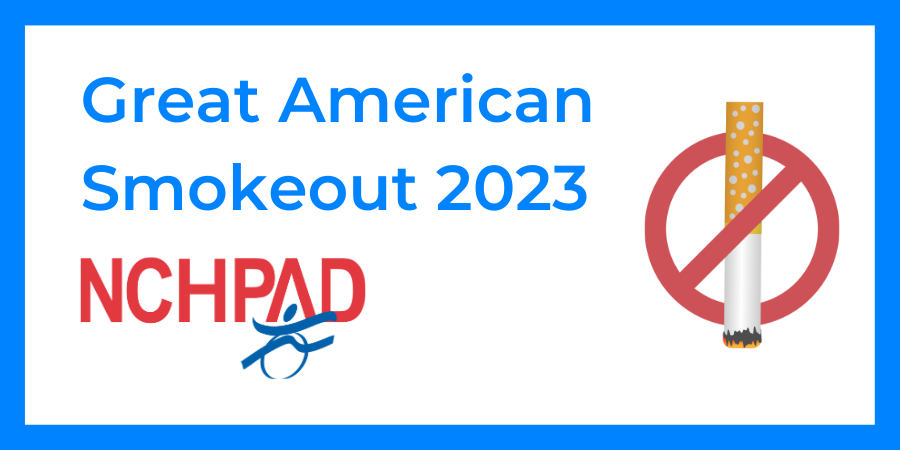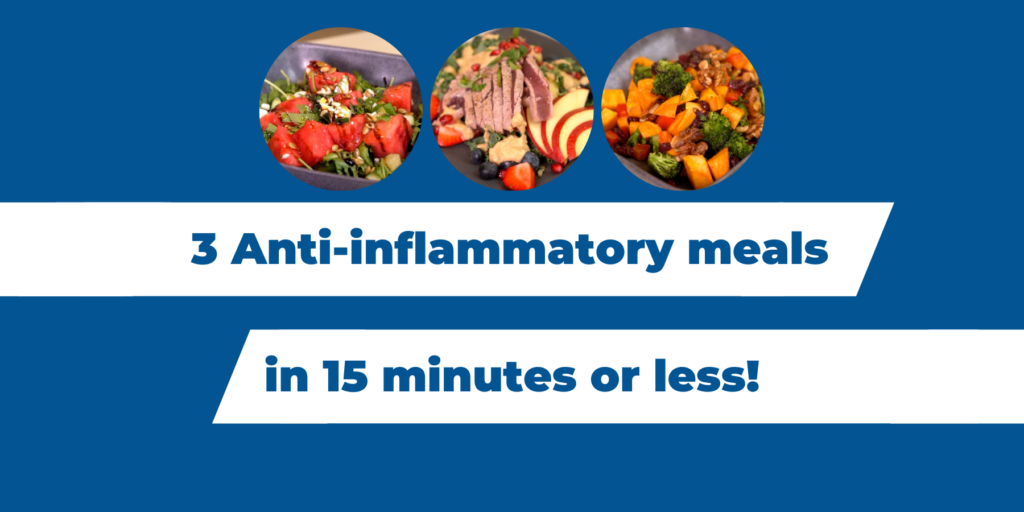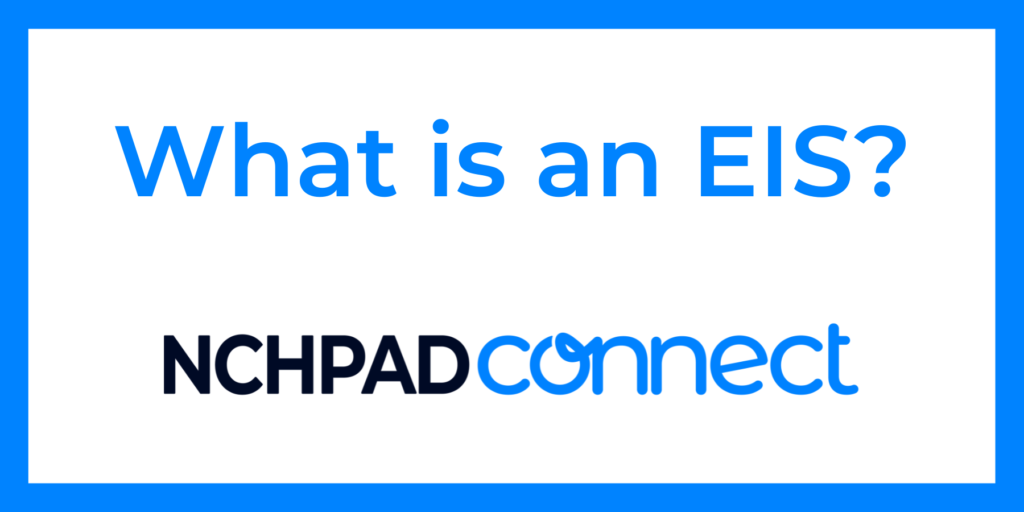The Great American Smokeout, held on the third Thursday of November every year, encourages smokers across the nation to commit to quitting smoking for at least one day, in the hopes that it will lead to a smoke-free future.
While the focus of this event is on the broader population, it’s important to know how this initiative can be especially impactful for people with disabilities.
Smoking poses unique challenges and risks to individuals with disabilities, making the event a prime opportunity for change, empowerment and improved health outcomes.
Tobacco Prevalence in People with Disabilities
People with disabilities face many barriers to health and wellness access. As a result, people with disabilities often are more susceptible to preventable health problems that decrease their overall health and quality of life. Contributing factors include limited access to health programs and services that meet their needs.
According to the CDC, current cigarette smoking is significantly higher among adults with a disability (19%) compared to adults without a disability (11%). The percentage of adults with disabilities using E-cigarettes is also higher (8%) compared to adults without disabilities (3.9%). Adolescents with disabilities are also consistently more likely to smoke cigarettes compared with their nondisabled peers (Senders et al., 2020) .
Access to tobacco prevention and cessation programs and public information campaigns can significantly improve the health and wellness of people, including those with disabilities. It’s especially important to provide inclusive programs aimed to provide equal access to people who might otherwise be excluded or marginalized. This includes those having physical or intellectual disabilities or belonging to other minority groups.
Strategies for Tobacco Avoidance and Cessation
Quitting smoking is important for many reasons. It improves quality of life, reduces the risk of many smoking-related diseases and can add up to 10 years to life expectancy.
Public health organizations promoting health and wellness must prioritize access to resources, education and programs that will lead people with disabilities to engage in positive healthy behaviors related to a smoke-free life. The graphic below highlights strategies for avoiding – and quitting – tobacco.





